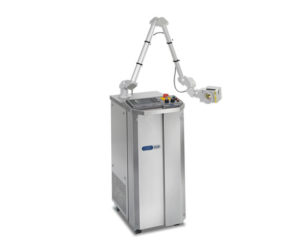Laser Coding and Marking
Using laser technology is a very fast and reliable way to print high quality, permanent codes. Using no consumables, their cost of ownership is extremely low. On medium-volume production lines, for instance, the return of investment can be less than three years for these kinds of machines. High Quality Permanent Marks Lasers work using the process of ablation and then engraving the substrate. This process removes material from the area to be marked, such as a layer of metal or ink on a printed package.
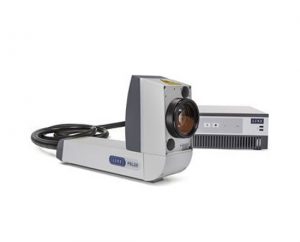
Linx FSL20 and FSL50
Linx Printing Technologies is taking laser coding to new levels with the launch of a range of scribing laser coders. Linx FSL20 and FSL50 printers are offering the most efficient production line solutions with no compromise on quality.
Linx SL1
Experience faster and more reliable coding with the flexibility to add value to your product packaging with the Linx SL1 10w laser coder. The Linx SL1 has been designed to deliver high quality, flexible coding, using advanced Galvo technology to increase the unit’s operating life without the need for routine servicing.
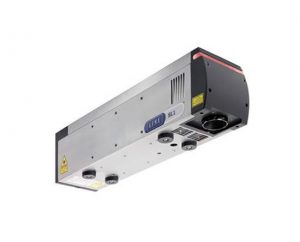
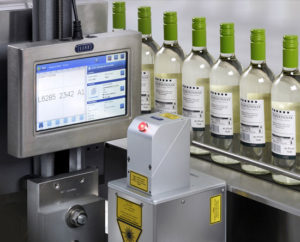
Linx CSL60
The Linx CSL60 Laser System codes and marks at a high resolution onto high-speed lines such as bottling, food, and personal care. LINX CSL60’s full system IP65 rating makes it a reliable coding solution for washdown/harsh production environments such as beverage, automotive or extrusion.
Linx CSL30
The Linx CSL30 a flexible, 30 W CO2 scribing laser coder that delivers high speed coding with low maintenance – with no compromise on code quality.
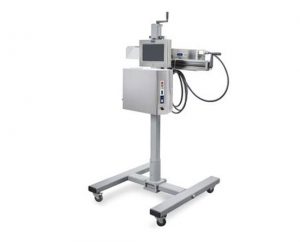
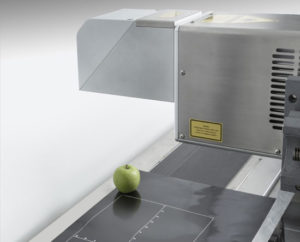
Linx CSL10
The Linx CSL10 is a high specification, 10 W CO2 scribing laser coder specially designed to be economical, yet versatile for a wide range of laser marking applications.
Laser Coding and Marking engrave a very fine groove on this fresh patch. Because the mark is indelible, they are perfect for brand protection or for where the code needs to survive for the life of the product. Human-readable text on both primary and secondary packaging, and barcodes on cartons are usually done by laser coding. They are also used in a wide range of industries, from beverage, pharmaceutical, snack foods to industrial metals. Lasers can also code onto glass, plastics (such as PET, polystyrene and polypropylene), metal and cardboard.

